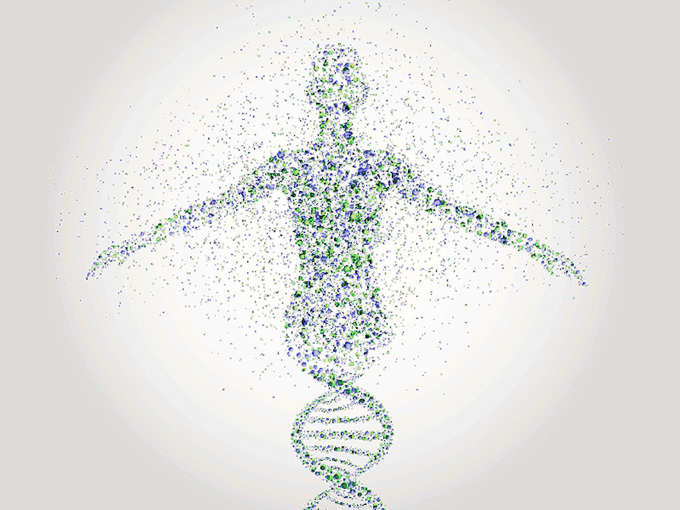 The Indian legal system has been a pioneer in accepting DNA testing as evidence way back in 1985, even though high profile crime convictions via the DNA route started in the US and the UK from 1988. However, India, the world’s second most populous country, has lagged behind in its efforts to create a suitable infrastructure for large-scale DNA profiling.
The Indian legal system has been a pioneer in accepting DNA testing as evidence way back in 1985, even though high profile crime convictions via the DNA route started in the US and the UK from 1988. However, India, the world’s second most populous country, has lagged behind in its efforts to create a suitable infrastructure for large-scale DNA profiling.A Bill was introduced back in 2007 to lay down the framework for DNA profiling in India but ran into considerable difficulty. But before we blame it on the stereotypical sloth of the Indian system, it might be helpful if we try and grasp the complexity of the issue and the logistics involved.
Where there’s a Bill, there’s a way
Let’s recognise that building an extensive DNA database is not just a logistic issue – the biggest hurdles involve individual liberty and confidentiality.
The process of collecting, storing and using a person’s DNA has to be highly regulated. Otherwise, this confidential information, which can be used to determine family and medical history, is liable to be grossly misused.
This was a notable area of weakness in the 2007 edition of the Bill. The current version of the Bill, circulated in 2012, has provisions for up to three years of imprisonment and a monetary fine, in case of DNA data misuse.
Other safeguards include specific guidelines for the storage of DNA and its disposal. Moral, ethical and legal issues related to DNA profiling can be appealed by citizens to a
Most importantly, the 2012 Bill goes beyond just crime-specific use of DNA. While crime remains the topmost motivation for the government to establish a National DNA
However, the more widespread the use, the more widespread the concerns about civil liberties and potential for abuse.
Science of size
The UK and the US have about 4 million and 10 million entries in their respective DNA databases. Their populations are roughly 65 million and 315 million, respectively. Going by the same ratios, you can imagine the humongous task ahead in a country of 1.2 billion and counting.
Pro-DNA profiling experts believe that DNA profiling, with its unique ability to come up with 1 in 100 trillion matches, is ideally suited for India. Provided there’s an easy fix to collect this data.
This is where India is faced with a classic conundrum – an inability to scale infrastructure in line with aspirations. Although the country is plagued by a rising number of rape cases and other violent crimes, it has just 25 labs and 60 forensic experts who can handle criminal cases. There is a shortfall of 1,000 DNA experts, according to a study by a parliamentary group.
The huge size of the proposed Indian database has also drawn flak from overseas experts. Critics cite the UK, which saw a massive growth in database size, but the percentage of successful crime detection through DNA evidence actually declined there. It further led to the
Critics fear that in their newfound zeal to make DNA profiling a success in India, law enforcement agencies will not focus so much on the analysis of DNA found at a crime scene, which even
A large database cannot be a substitute for diligent and efficient police work and a botched DNA collection leading to dubious investigations is certainly not a novelty in India or the rest of the world.
Analysing the demand
While crime-fighting through DNA testing continues to make headlines, actual DNA profiling done in India reveals a niche scenario. Data collected from the
Ironically, these non-criminal cases may lead to the growth of private labs that have already proliferated and are preparing DNA profiles for as less as Rs 10,000 ($160). The government will have to find a way to regulate, license and co-opt such labs into the legal framework, which will also ensure that the National DNA Data Bank becomes a reality.
Undoubtedly, technological advances have to make their way into every aspect of human society. With India accounting for 17% of the population worldwide, there is no way that its directives about the citizens’ DNA profiles can be kept low profile.
Image: Thinkstock